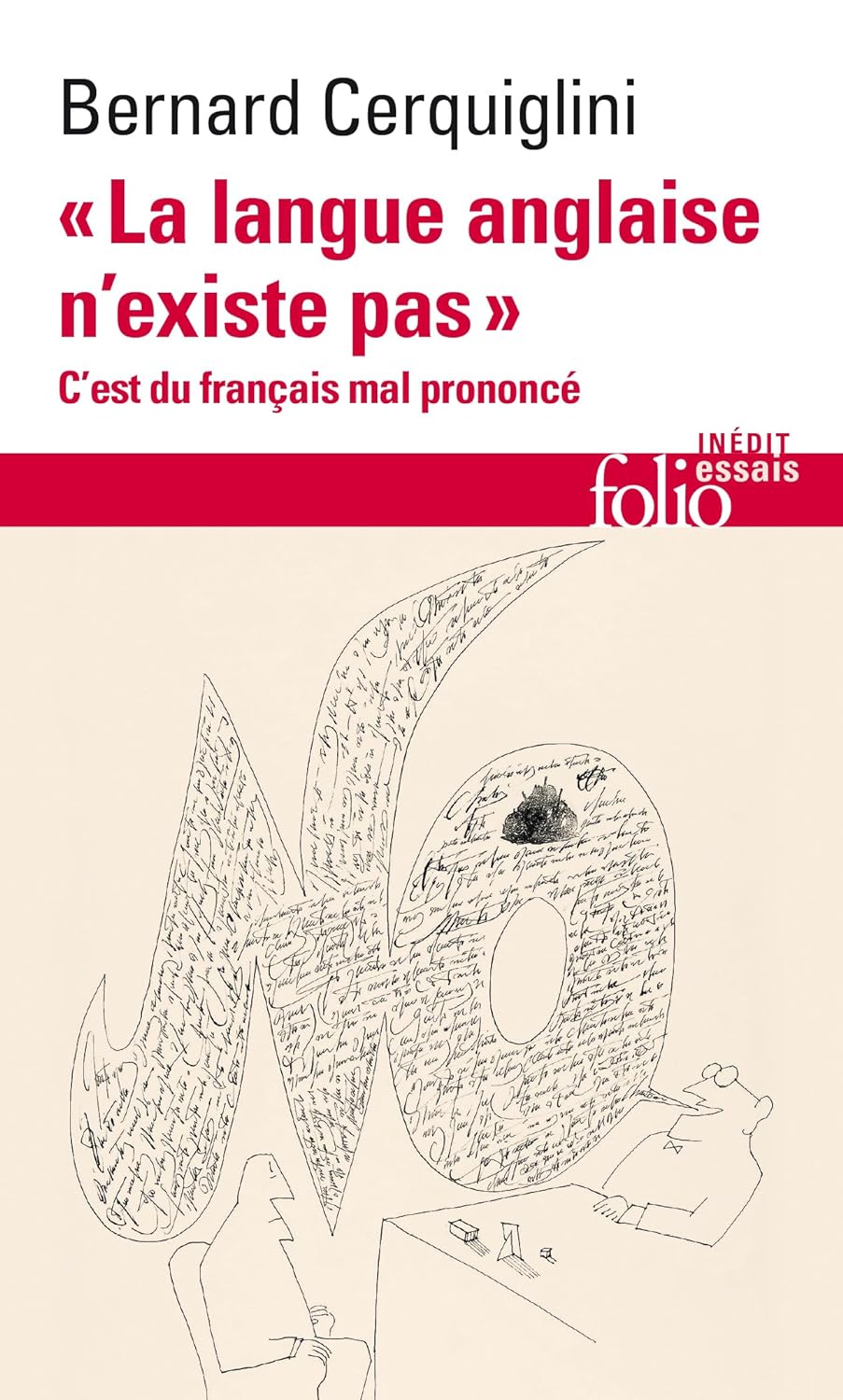Boat people
"The endangered Tanka language in Hong Kong: phonological variations and lexical convergence with Cantonese", Cong Wang, Daxingwang Peng, Yanmei Dai & Chong Qi, Humanities and Social Sciences Communications volume 12, Article number: 1133 (July 19, 2025)
The first thing we need to take care of is to discuss their name:
According to official Liu Zongyuan (773–819) of the Tang dynasty, there were Boat Dweller people settled in the boats of today's Guangdong Province and Guangxi Zhuang Autonomous Region.
The term "Tanka" (蜑家) may originate from tan (Cantonese: "egg") and ka (Cantonese: "family" or "people"), although another possible etymology is tank ("junk" or "large boat") rather than tan. "Tanka" is now considered derogatory and no longer in common usage. The Boat Dwellers are now referred to in China as "people on/above water" (Chinese: 水上人; pinyin: shuǐshàng rén; Cantonese Yale: Séuiseuhngyàn), or "people of the southern sea" (Chinese: 南海人; Cantonese Yale: Nàamhóiyàn). No standardised English translation of this term exists. "Boat People" is a commonly used translation, although it may be confused with the similar term for Vietnamese refugees in Hong Kong. "Boat Dwellers" was proposed by Dr. Lee Ho Yin of The University of Hong Kong in 1999, and it has been adopted by the Hong Kong Museum of History for its exhibition.
Both the Boat Dwellers and the Cantonese speak Cantonese. However, Boat Dwellers living in Fujian speak Min Chinese.
Read the rest of this entry »
